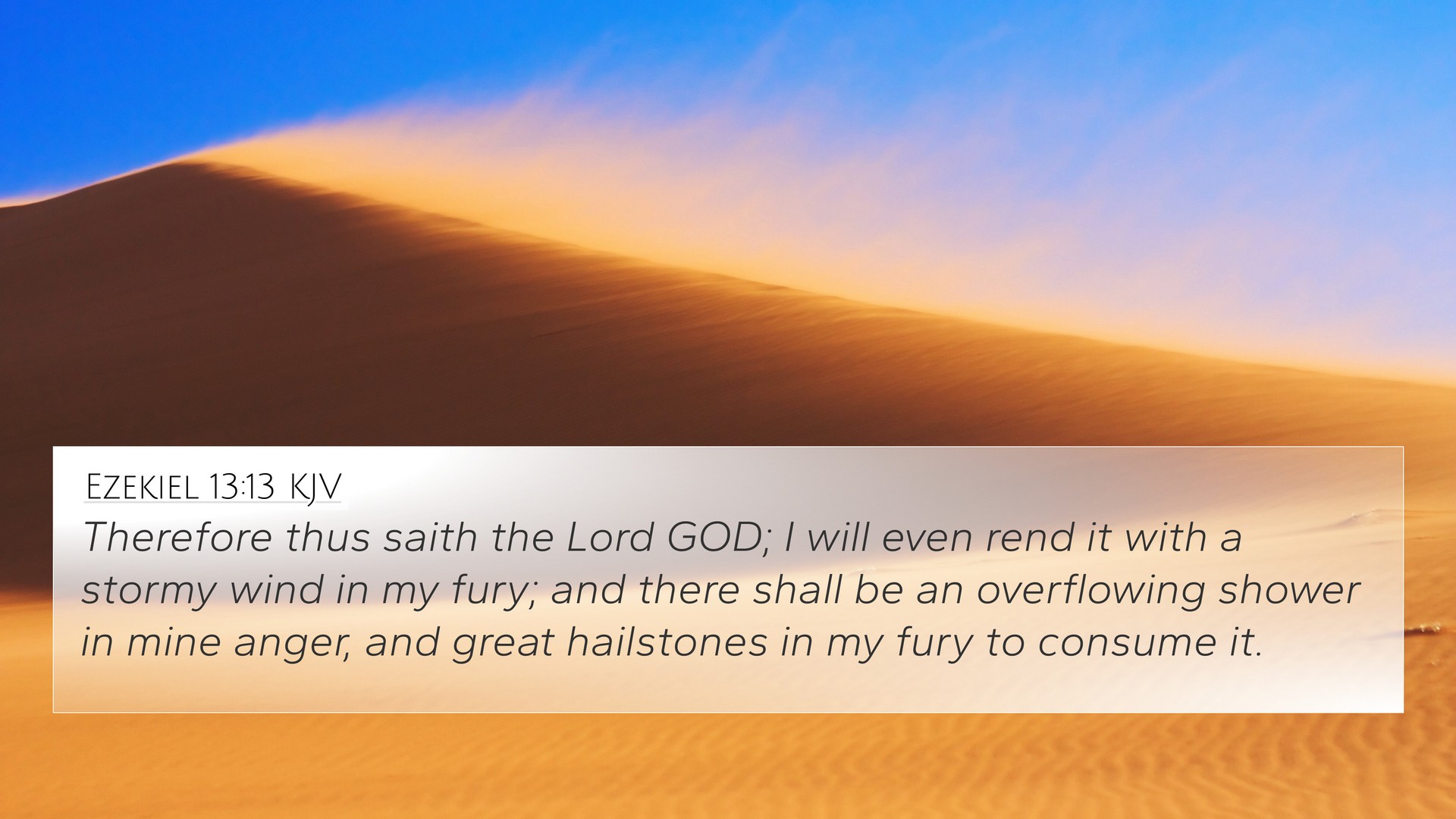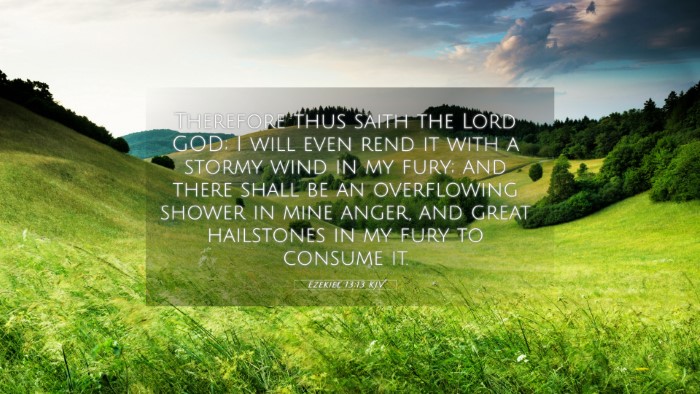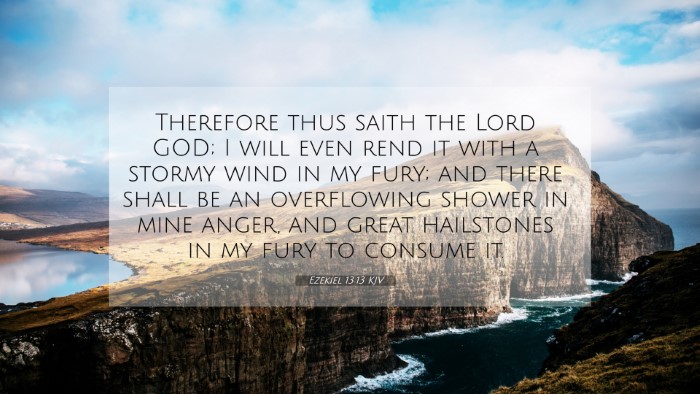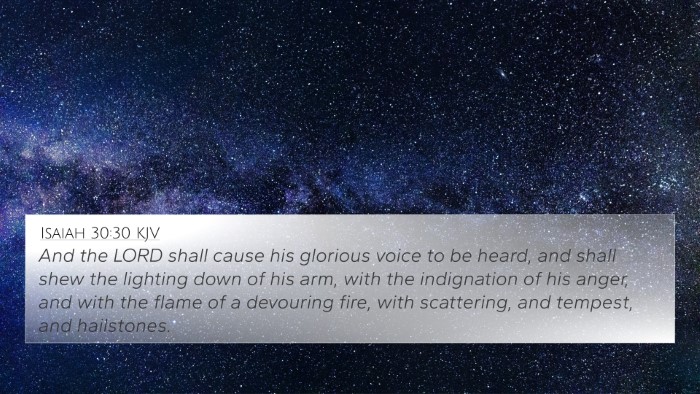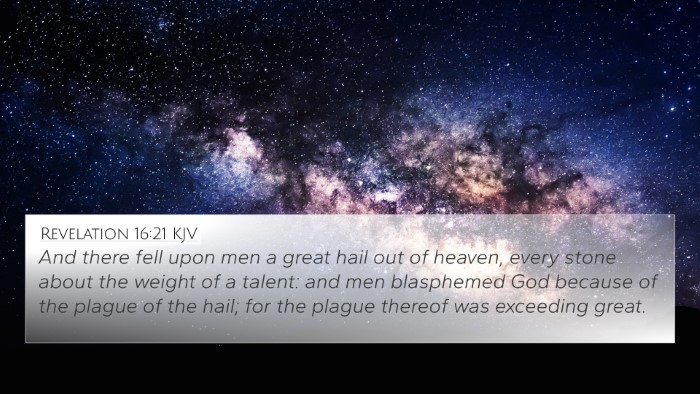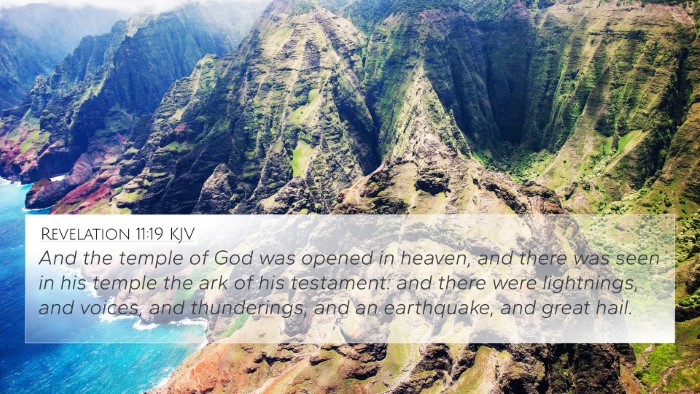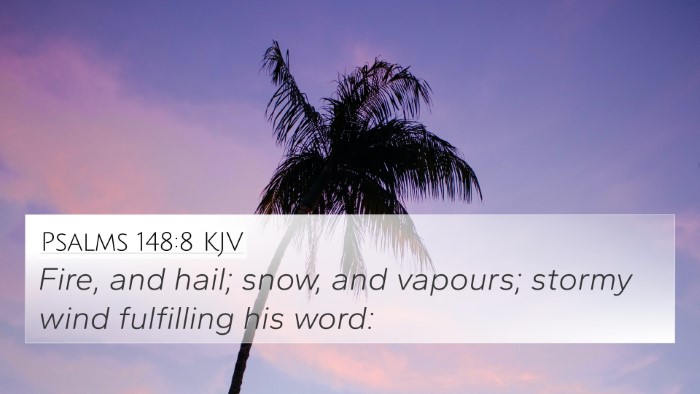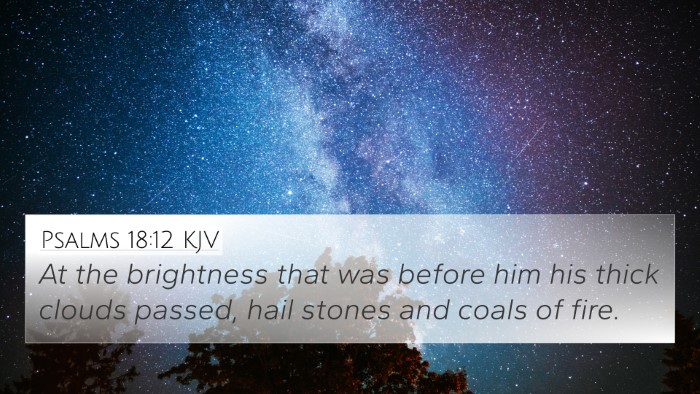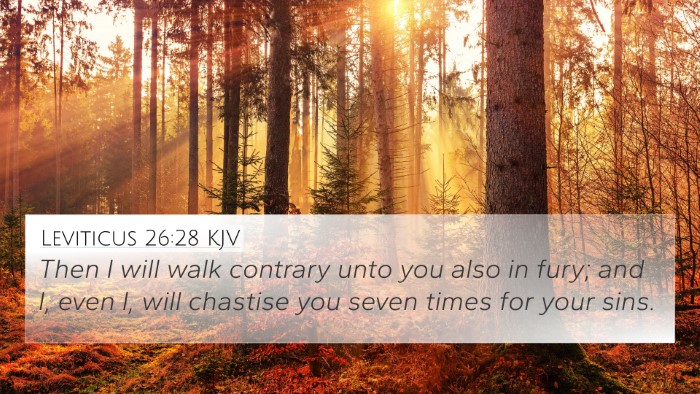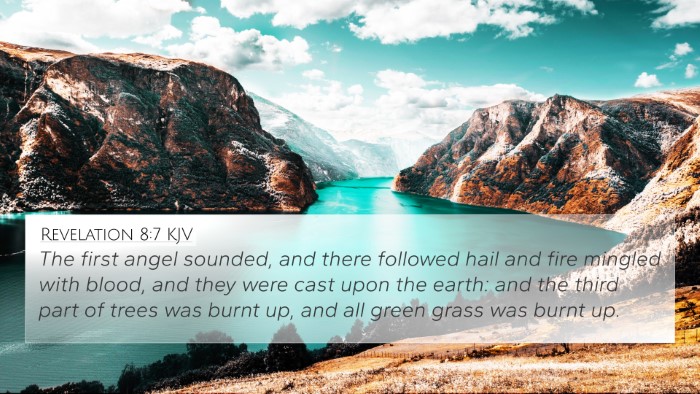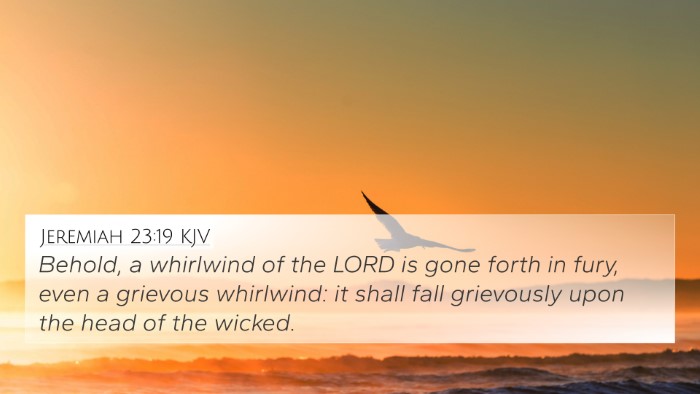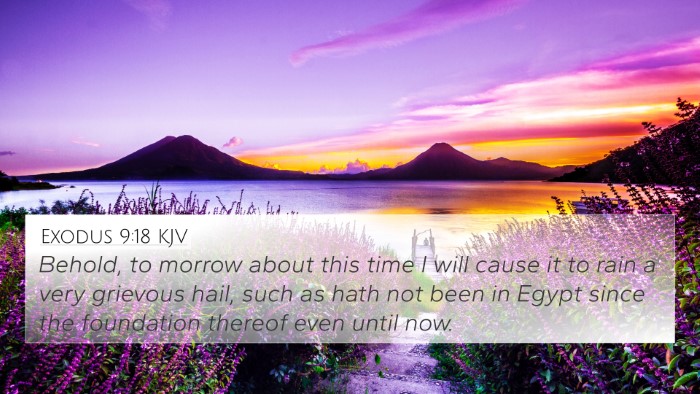Ezekiel 13:13 - Summary and Insights
Ezekiel 13:13 states: "Therefore thus says the Lord God: I will also stretch out My hand against the prophets who see false visions and utter lying divinations; they shall not be in the assembly of My people, nor be written in the register of the house of Israel, nor shall they enter the land of Israel. And you shall know that I am the Lord God." This passage conveys the severity with which God addresses false prophets and the seriousness of leading His people astray through deception.
Interpretative Insights
The verse emphasizes God's stance against those who mislead His people through false prophecies. The prophets mentioned are not merely individuals; they symbolize a larger issue of spiritual corruption among the leaders of Israel. The prophetic role is sacred and demands utmost fidelity to God's truth. When falsehoods proliferate, God firmly asserts that these deceivers will face severe consequences.
Key Interpretations from Commentaries
-
Matthew Henry:
Henry articulates that the punishment of false prophets is severe because they have misrepresented the Word of God. This deception can lead to the spiritual ruin of entire communities. He highlights that God’s judgment is a means to vindicate His holiness and to maintain the integrity of His word within Israel.
-
Albert Barnes:
Barnes emphasizes the metaphor of God stretching His hand, which signifies divine intervention against those who practice deceit. This reflects not just immediate punishment but a larger divine plan to rectify the community and restore true worship among His people. The assurance is given that this action will lead to understanding among the Israelites that the Lord is indeed God.
-
Adam Clarke:
Clarke details the socio-political implications of false prophecy in Israel. He suggests that those who mislead the people not only affect their immediate surroundings but also influence future generations. Clarke's view underscores the need for discernment among followers of God to distinguish between true and false messages.
Bible Cross References
Ezekiel 13:13 can be cross-referenced with several other biblical passages that address similar themes:
- Jeremiah 14:14: God condemns the false prophets who declare peace when there is none.
- Matthew 7:15: Jesus warns against false prophets, comparing them to wolves in sheep's clothing.
- 2 Peter 2:1: The Apostle Peter discusses the rise of false teachers among the faithful.
- Micah 3:5: God rebukes the prophets who lead His people astray for financial gain.
- Isaiah 9:16: Isaiah highlights that those who mislead are unworthy of leading others.
- 1 John 4:1: Believers are admonished to test the spirits and discern truth from deception.
- Revelation 22:15: A warning is given that those who practice falsehood will not enter the new Jerusalem.
Applications for Study and Reflection
This verse serves as a strong reminder to evaluate prophetic utterances critically and to hold church leaders accountable. Through the lens of inter-Biblical dialogue, one can explore how the message of Ezekiel resonates with teachings in both the Old and New Testaments. The thematic connections between these verses highlight the consistency of God's warning against falsehood across Scripture.
Conclusion
Understanding Ezekiel 13:13 within the broader context of biblical prophecy affirms the necessity of truth in spiritual leadership. It calls believers to engage in comparative Bible verse analysis and to utilize tools for Bible cross-referencing to glean deeper insights into God's Word. In our pursuit of understanding, may we strive to be discerning, steadfast in truth, and rooted in the teachings of Scripture.
